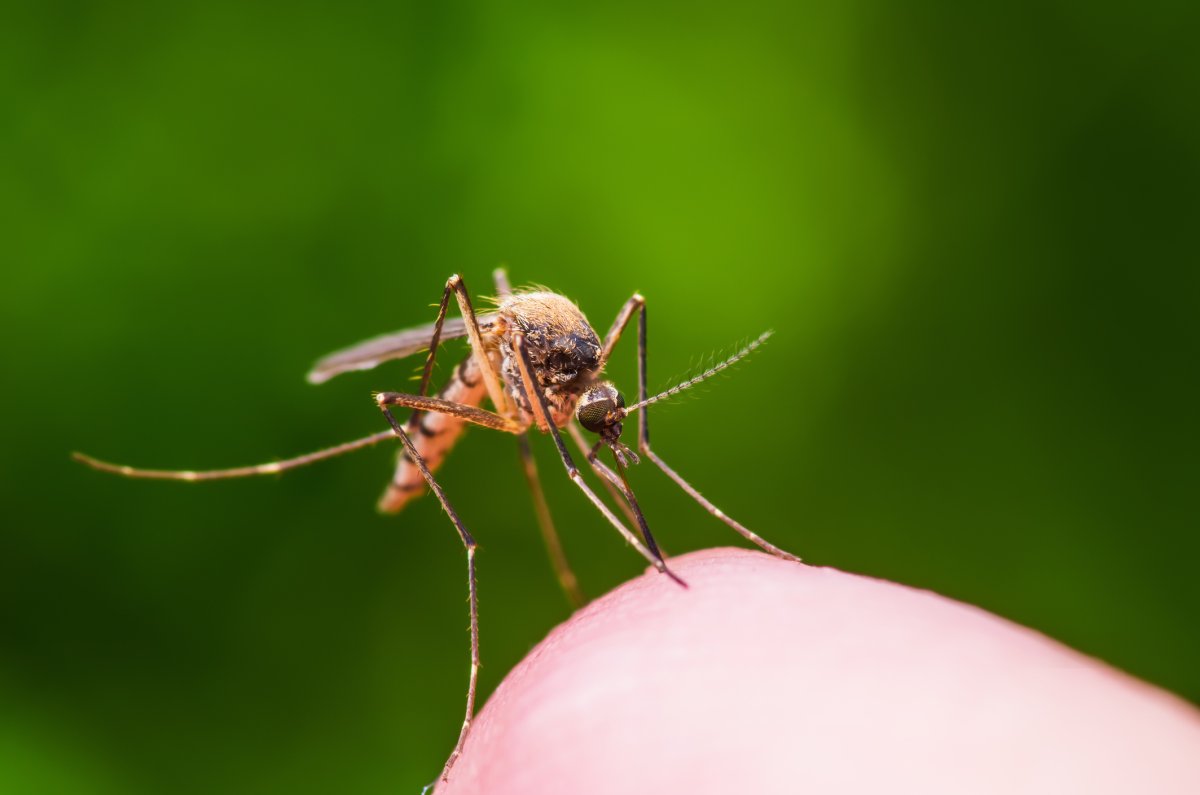A popular sandwich filler has been shown to be an effective defense mechanism against the deadliest animal in the world: mosquitoes.
The discovery paves the way for nature-based insecticides to control mosquito populations without using synthetic chemicals.
The sandwich filler in question is garden cress—a small, leafy plant in the mustard family that is commonly paired with egg mayonnaise and two slices of bread. In a recent study, published in the journal Nature Scientific Reports, scientists from the Agricultural Research Service in Illinois demonstrated how seed meal from this plant and others in the mustard family could be used to kill mosquito larvae.

Mosquitoes kill more people than any other animal in the world by spreading diseases like malaria, dengue, West Nile virus, yellow fever, Zika and chikungunya, to name just a few. Controlling mosquito populations is therefore essential for public health.
However, many of today's insecticide solutions involve strong synthetic chemicals. These can leach into the surrounding environment and affect other non-target insects and animals. Mosquitoes may also develop resistance to these compounds after prolonged use, thus rendering the insecticide ineffective.
As a result, researchers have turned their sights towards biological solutions, particularly those made by plants. The study's authors say that plant-based insecticides are usually environmentally safe as they are biodegradable and have low toxicity to non-target organisms. Plants also produce a diverse array of different compounds to target different aspects of the mosquito's life cycle and biology.
During their larval stage, mosquitoes are largely confined to concentrated areas of stagnant water where they feed off bits of organic matter and microbes on the water's surface. This makes them an easier target than the mature adults who are constantly moving in the air over long distances.
When seeds from plants in the mustard family are soaked in water, they release a special group of plant defense chemicals called isothiocyanates. These have previously been shown to kill insect pests and soil-borne parasites.
To study whether these plants showed similar promise against mosquitoes, the research team, led by Lina Flor-Weiler of the United States Department of Agriculture (USDA) agricultural research unit, prepared seed meal from four different mustard plants: brown mustard, pennycress, garden cress and white mustard. The researchers then added each of these to small beakers of water containing larvae of the Aedes aegypti mosquito, a species that can transmit dengue, yellow fever and Zika.
Of all the plants tested, garden cress proved to be the most lethal, killing 100 percent of the mosquito larvae in fewer than 48 hours.
More research is needed to investigate whether combinations of different plants could increase the effect of these insecticides. However, the researchers say that this study provides an exciting demonstration of the potential of mustard seed meals in plant-based mosquito population control.
Uncommon Knowledge
Newsweek is committed to challenging conventional wisdom and finding connections in the search for common ground.
Newsweek is committed to challenging conventional wisdom and finding connections in the search for common ground.
About the writer
Pandora Dewan is a Senior Science Reporter at Newsweek based in London, UK. Her focus is reporting on science, health ... Read more
To read how Newsweek uses AI as a newsroom tool, Click here.








